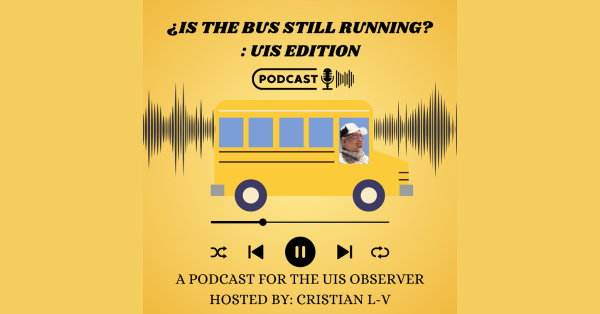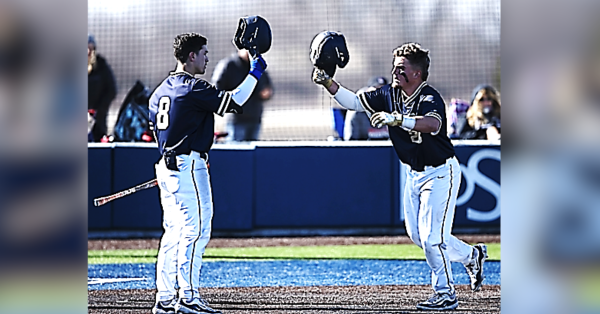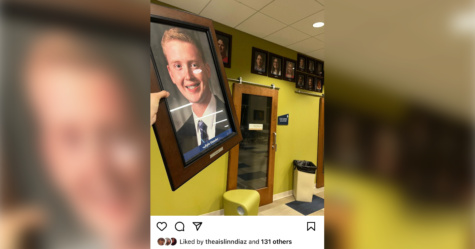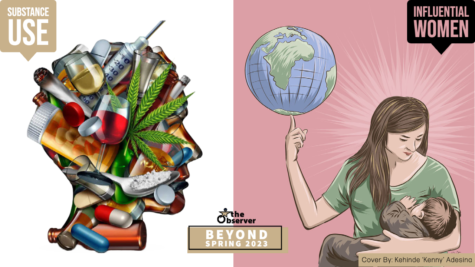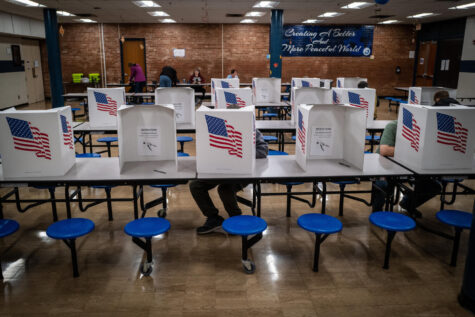Let’s Talk about Lightning (and Other Ways the English Language is WRONG)
This article is in no way particularly informative or meaningful in attempting to impact your world view, nor does it align with my normally-politicized columns. It does not fully address the countless social injustices facing our world today— though heaven knows there are plenty we could talk about… For instance, we could address the fact that, somehow, the people of Mississippi elected a woman to the U.S. Senate last week who is totally down to watch a public hanging. Or we could despair together about the apparently inadequately managed and/or raked forest floors that allegedly killed and destroyed the lives and livelihoods of so many in the California wildfires last month. Perhaps we should turn our collective attention to the unbelievably real and entirely non-metaphorical train full of literal human poop that has been chugging its way across the nation for the last few months.
But I won’t do that to you today, because it’s almost the end of the year and we’re all tired of writing essays and struggling to grapple with the English language. And frankly, I need to rant about lightning.
So, imagine for a moment that a storm is brewing outside. The sky is booming, thundering every few moments. It is raining cats and dogs. The wind picks up and all of a sudden it is hailing, golf-ball sized pellets of ice thrown from the dark gray clouds above. And with a giant crack of brilliant light, it is now also lightninging.
Except for it is not lightninging, nor will it ever be lightninging… because someone somewhere decided that lightninging should not be a word.
I quite simply disagree. If the present, past, and present participle forms of the weather-associated word, “rain,” are respectively rain, rained, and raining… and the same is true for other weather words like “thunder” (thunder, thundered, thundering), “storm” (storm, stormed, storming), and “hail” (hail, hailed, hailing)… why can the same not be said for the equally-common weather word “lightning”?
“Lightning,” should therefore invariably be conjugated (by my infallible logic) as lightning, lightninged, and lightninging.
This is just the tip of the English-is-wrong iceberg. While we’re on the subject of pronunciation, why do the words, “pony” and “bologna” rhyme while the words “cough,” “through,” “though,” and “rough” do not?
The English language has heteronyms like “lead/lead” and “read/read” which can be pronounced differently with entirely separate meanings, but are spelled exactly the same. And we have homonyms like “to/too/two” or “there/they’re/their” which are pronounced the same but spelled differently with different definitions—and it may as well be blasphemy if you use a homonym or heteronym incorrectly.
We teach our children the old phrase, “‘i’ before ‘e’ except after ‘c.’”But you see, this just is not a helpful rule. I can think of more words that violate the guideline than I can think of that adhere to it. For example, there exists a popular add-on to the old rule, “‘i’ before ‘e’ except when you run a feisty heist on a weird beige foreign neighbor.” It’s just not helpful.
Basically, if you have gleaned anything from this article, I hope it is this: at the end of the day, we will not all agree upon our political differences. We need not meet in the middle on many of the divisive issues that threaten to tear us apart. But I think we can all agree that the English language is often just wrong -in all the right ways.




